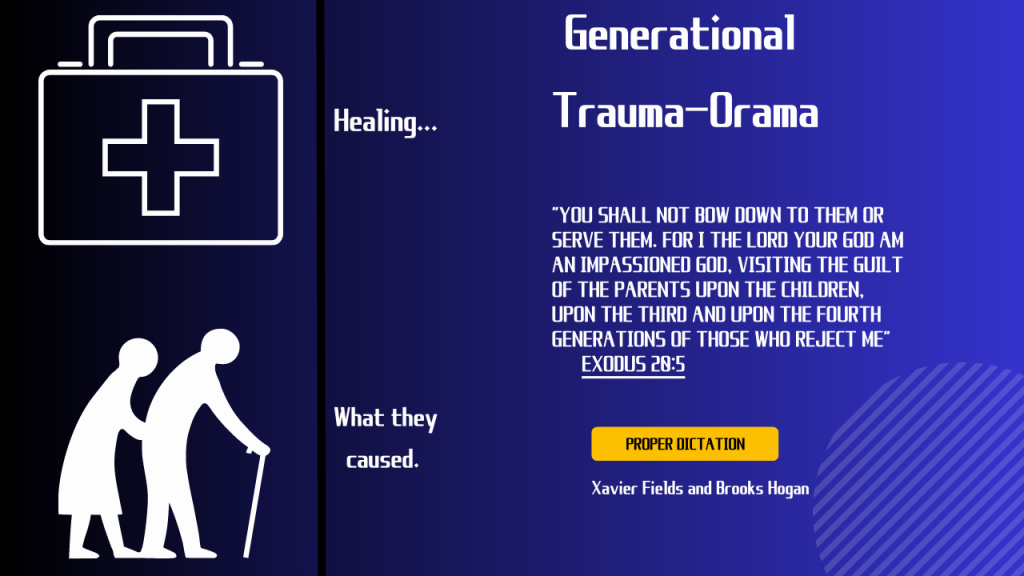Generational Trauma-orama

- Troy’s unwavering will to provide
- Black men historically have had a large emphasis on their values as workers
- This however doesn’t manifest one to one in Cory. Cory rather than providing and placing his value on providing, places his value on his work and status as a means to generate validation from his peers
- Lyons on the other hand represents an inverse ideal as the eldest son, Lyons saw provision as a means to do bad and have an excuse for it. This caused him to be ridiculed by others around him. Because during his time the most important height a man could achieve was a high financial standing and power over his family.
- Blanche Carries the sins of multiple generations on her back after the exodus by Stella. Her perception of life and death is completely distorted by the time we meet her in the novel.
- Her idea of life morphs into this slow locomotion towards an uneventful, unbeautiful death, which for someone like Blanche who has been constantly reinforced by her appearance is a hell that supersedes death.
- On the inverse Blanches idea of death becomes increasingly animated as she starts to speak of it in a child-like or dream-like manner because she sees it as a way to finally be free of the weight that her peers force upon her
- Stella’s Trauma manifested as fear as opposed to extreme entropy, she gives in to the pressure around her which drives her to run away from her familial ties and eventually lose herself in the process
- Throughout Amir’s childhood, he was pampered and loved by almost everyone around him. However, this does not save him from being inflicted with the trauma of the previous generations. The only person who couldn’t love or accept Amir fully was his father. Amir truly loved his father though. This caused him to internalize disdain toward what his father considered a weakness.
- This resulted in the many transgression of Amir’s character as because of his father’s treatment, he could not escape the shell of the scared little boy pinned by his father’s attention
- Hassan’s Behavior developed on a societal level. Even though he had a loving ‘father’ and half-brother-master, on a societal level, however. He was still ridiculed constantly because of his social status. This obviously affected how Hassan saw himself and the value of his life, however, it also is a direct contrast to Amir because Amir has everything but still resents Hassan. Hassan has nothing but love, Amir.
- This is because Amir acts like his father doesn’t acknowledge his feelings of himself or really anyone else because ‘entropy’ (understanding how everything works and how it’ll go from an understanding of chaos)and pride dictates most of his actions. This sustains Amir and keeps him thriving at the cost of those around him
- However, Hassan cannot bear the idea to inflict anything of what he experienced on others so he chooses to care for others over all even to the detriment of himself. This is noble but ultimately does cost Hassan everything

